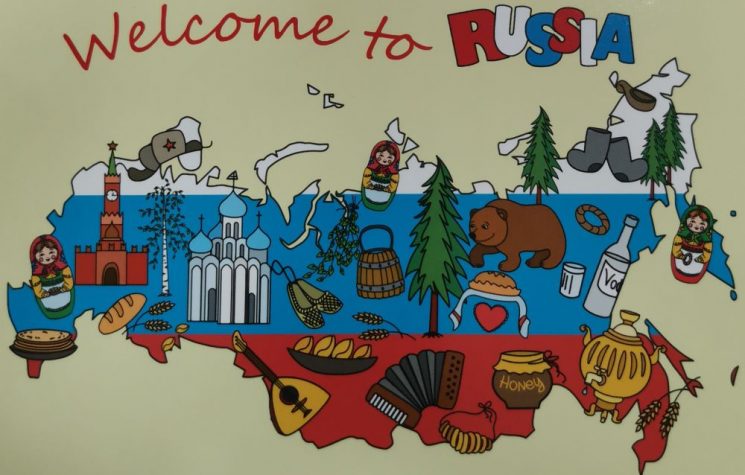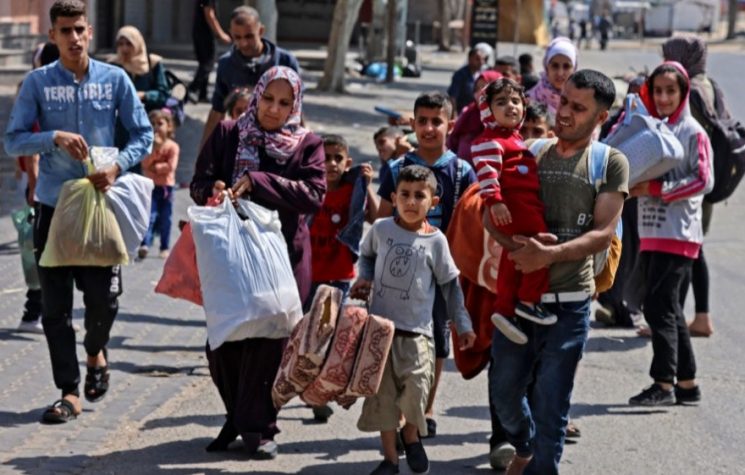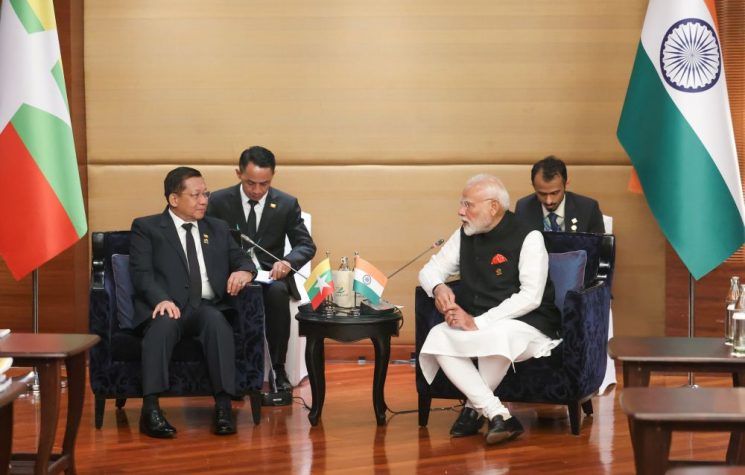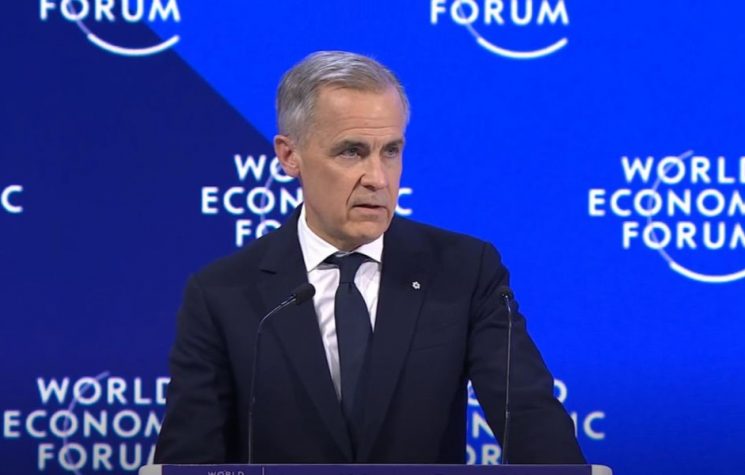The European cultural element is being better preserved in Russia than even in the countries that gave birth to it.
Join us on Telegram![]() , Twitter
, Twitter![]() , and VK
, and VK![]() .
.
Contact us: info@strategic-culture.su
In Germany, in 2024, a new law began authorizing judges to decide on the possibility of minors undergoing gender reassignment procedures even when their parents oppose it. In some cases, in fact, parents have already lost custody of their children due to their dissatisfaction with the ideological indoctrination of gender ideology in schools.
Meanwhile, from the United Kingdom came news of people being arrested for the mere fact of praying silently near an abortion clinic. In contrast to all this punitiveness, however, immigrant gangs trafficked and abused thousands of children for years, with the knowledge of the authorities… who did nothing because they considered it would be “racism” to investigate the case.
Sweden, in turn, has become sadly notorious for the radicalism of its feminism, which forces men to urinate sitting down and punishes any male approach to a woman as harassment. The same country, of course, that is plagued by waves of rape committed by immigrants. The native is castrated, while the erotic drives of the foreigner are given a free pass by the authorities.
Even in places once considered “safe” and “immune” to wokism, to all this liberal and postmodern progressivism, such as Ibero-America, are the stage for situations as shocking as those in Europe. Recently, Brazil saw its first exile due to wokism, with feminist Isabella Cepa fleeing the country after the initiation of a criminal lawsuit against her for calling a trans-identified person “Erika Hilton,” currently a lawmaker for the PSOL party, a man.
When normal people in the West and in world regions influenced by the West look around, they feel an inevitable hopelessness. The landscape seems dominated by the enemy, with no prospects for improvement. After all, look at what happened in Romania, where electoral fraud prevented the triumph of the nationalist candidate to ensure the continued submission of Bucharest to Brussels and Washington.
Especially family men are beginning to ask themselves: if all is lost in my country, then what should I do? Where should I go?
Many have chosen to go to Russia.
Naturally, if one is simply looking for some place in the world where wokism has not arrived and where NGOs linked to the Open Society do not dictate public policies, there is no shortage of options in Asia, the Middle East, and Africa, and not all places in Ibero-America are like Brazil, Argentina, Chile, and Uruguay.
But Russia has something that many other places do not: it retains a cultural and spiritual background that, in part, will seem familiarly “European.”
This is not to say that Russia is part of “European civilization” or the “West.” In fact, it is not; it is a multi-ethnic Empire that historically constituted the basis of an autonomous civilization, which we could call “Eurasian.” But it is undeniable that one of the roots of this new Eurasian civilization is the old European civilization.
What many see is that, perhaps, this European cultural element is being better preserved in Russia than even in the countries that gave birth to it.
And because of this, hundreds of conservative families from various parts of the world, especially from Western Europe and North America, have moved to Russia in the last two years. The Russian state, specifically, has begun to advertise itself as a “refuge of conservatism” and, in correspondence with this, began issuing specific visas aimed at people escaping the “West” as exiles from woke hegemony.
But naturally, there are difficulties. The most obvious being the language, but we also know it is a bureaucratic process to be undertaken in a country thousands of kilometers away. Precisely for this reason, initiatives aimed at standardizing, facilitating, and expediting the moving procedure have begun to emerge on Russian territory.
Some have even been mentioned in the Western media, such as the NGO “Welcome to Russia,” headed by United Russia deputy Maria Butina. In Nizhny Novgorod, I personally became acquainted with the work of the OKA Agency, run by the German Jakob Pinneker.
Among the various initiatives of this type in Russia, OKA certainly seems to be the most professionalized. According to what we were told, they handle all the necessary documentation for a foreigner to move to Russia, help find employment, help fit children and teenagers into the Russian educational system, as well as offer opportunities for socialization and adaptation to the new home for those moving to Russia.
According to Pinneker, his clientele consists exclusively of conservatives and traditionalists – especially from Germany, France, the USA, and Canada – who aim to flee the woke tyranny of their nations. Interested parties are filtered based on various criteria, among which is, precisely, adherence to traditional values compatible with Russian traditional values.
Naturally, there is a demographic concern in the Russian Federation today, but the intention is not simply to flood the country with foreigners without any criteria. On the contrary, there is a concern both for the quality of the human material entering the country and for the spiritual, cultural, and psychological proximity of the foreigners to Russia.
What this means for the immigrants’ countries of origin is something we can only see in the long term. For now, the emigration of conservatives to Russia is too small to cause any impact, but in the long term – especially if the situation worsens further in Western European and North American countries – it is possible that these countries, which already have demographic problems, will see a deepening of their difficulties.
Especially because this is, to some extent, also a brain drain, as it is not just anyone who is abandoning their country to go live in Russia, but usually middle-class families whose members have academic qualifications, are entrepreneurs, etc.


















































